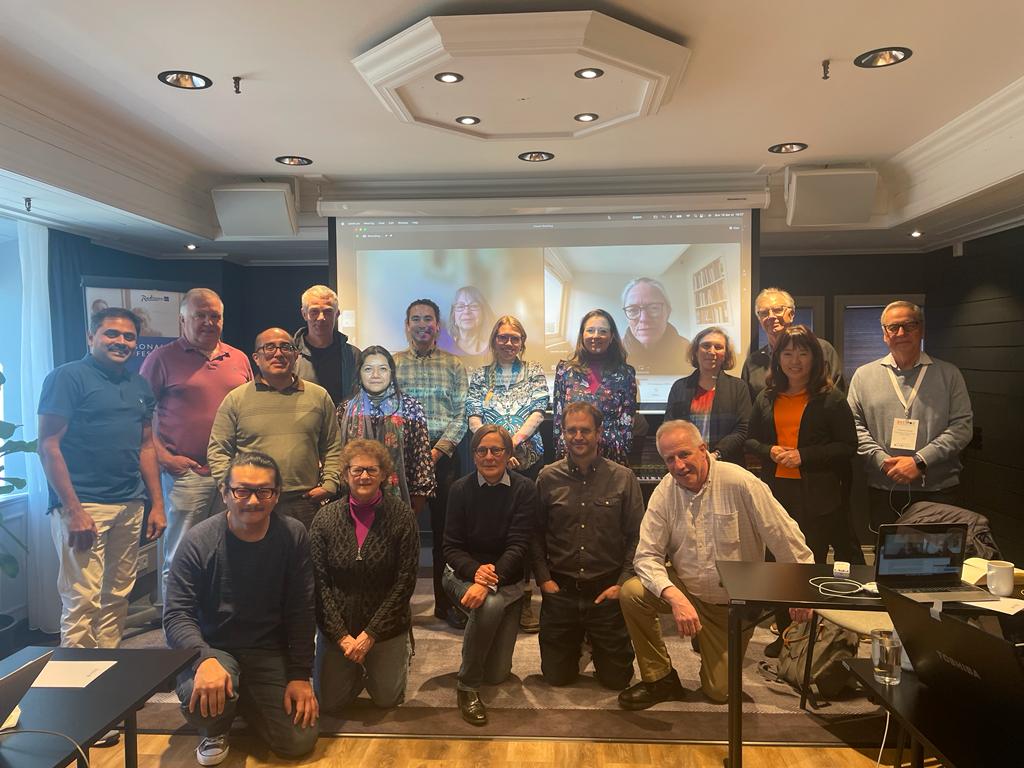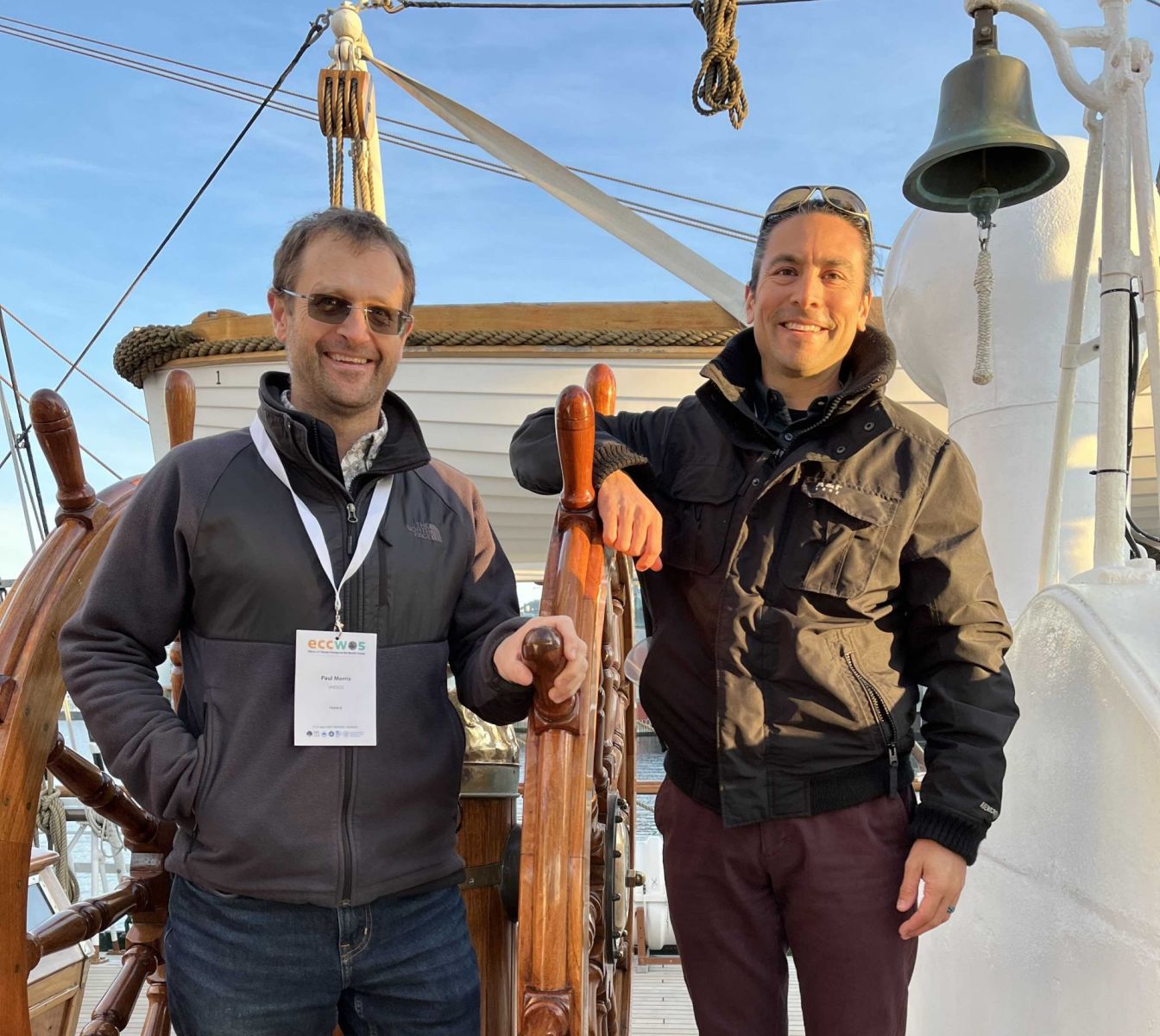
UF marine ecologist Andrew Altieri, Ph.D., recently returned from Bergen, Norway where he joined the Global Ocean Oxygen Network (GO2NE) as one of its newest members. This small working group of the UNESCO Intergovernmental Oceanographic Commission, whose members come from more than 15 countries, meets twice a year towards the goals of increasing research capacity, identifying and addressing knowledge gaps, and providing the latest information to scientists, stakeholders and interested publics. “Loss of oxygen from oceanic and coastal waters is intertwined with warming and ocean acidification to form the climate change ‘triple threat’ but gets the least attention and is the least understood,” said Altieri, associate director of Center for Coastal Solutions.

Between visits to medieval castles and a tour of a century-old tall ship recently returned from a circumnavigation of the world, workshop activities involved research presentations by Altieri and several other new members, a review of recent and upcoming activities of the working group, and writing several syntheses papers.
“The fact that this is the Global Ocean Oxygen Decade (GOOD) is supercharging the GO2NE agenda,” said Altieri.
After the GO2NE workshop, Altieri stayed on in Bergen to take part in the 5th International Symposium on the Effects of Climate Change on the World’s Ocean from April 17-21.
“Gaining familiarity with Norway and North Atlantic ecosystems will bolster the growing collaboration between UF and the Norwegian University of Science and Technology,” said Altieri.
—
By Megan Sam
